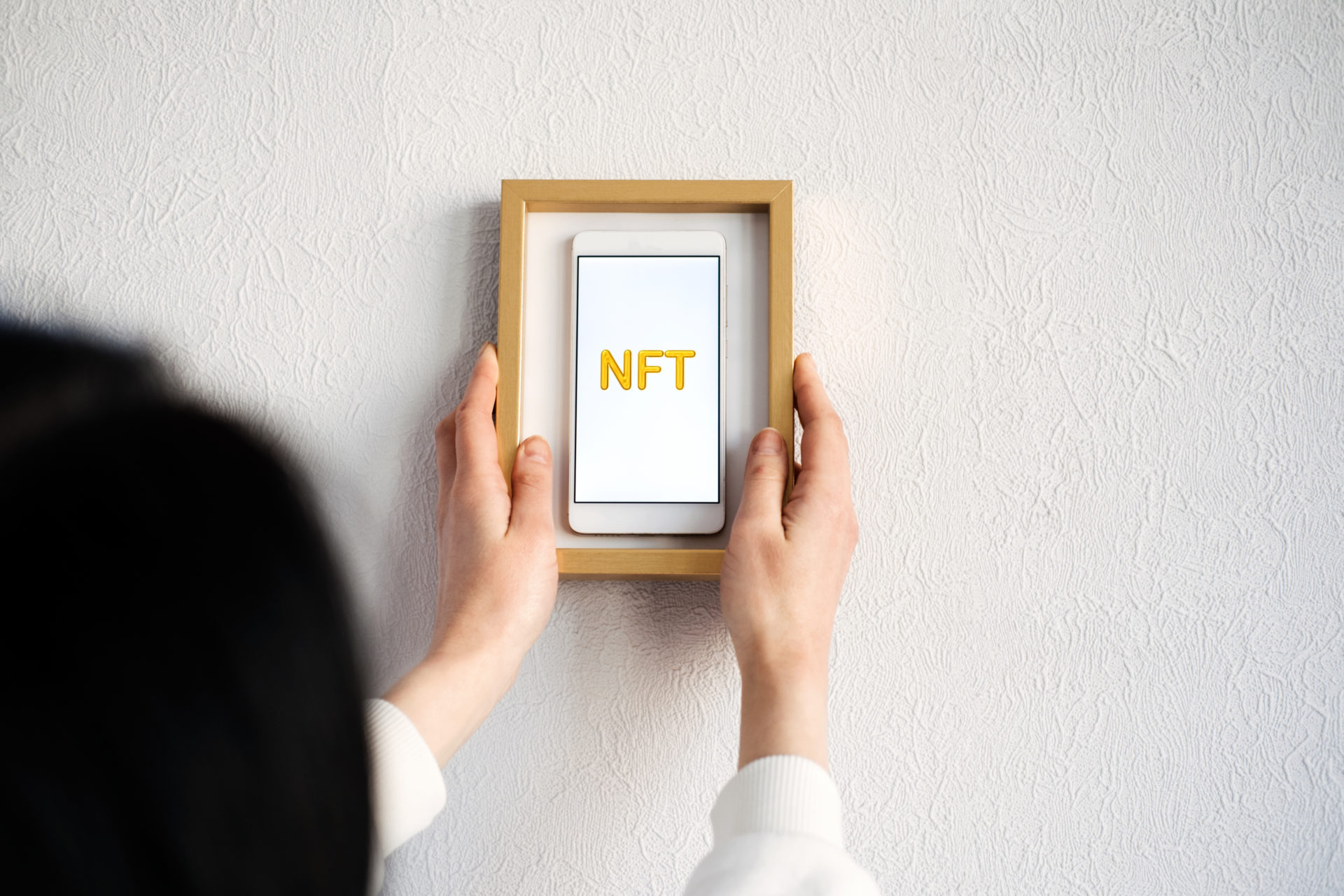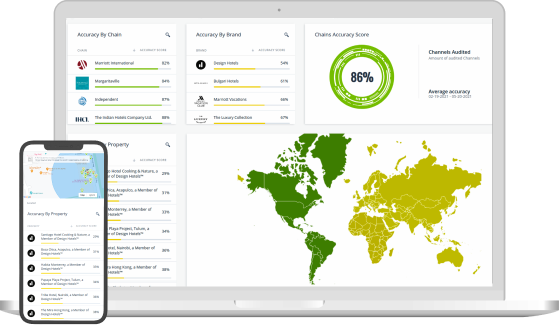What Does It Mean for the Hospitality Industry?
Few would argue that one of the biggest challenges in the hotel industry is providing a personalized service for guests. Every guest has their own unique needs and preferences, and hotel staff have to rely on their intuition and experience to provide that personalized service. How many of us have called down with a list of questions or requirements? If the receptionist is worth their salt, they’ll know instinctively what you need but that doesn’t always happen. However, with ChatGPT, hotels will be able to use natural language processing to understand the specific needs of each guest and provide a tailored service.
Imagine a guest traveling with an elderly person who can’t manage stairs. In the past, the guest would have to call the hotel to let them know. With ChatGPT, the hotel could use natural language processing to understand their request and automatically book a room on the ground floor. This not only saves the guest time but ensures their needs are met.
AI technology will mean that personalizing a customer experience on their holiday doesn’t end when they arrive at the hotel. By using natural language processing, ChatGPT can understand a guest’s preferences and provide tailored recommendations. It will continue to expand into partner ecosystems with, for example, restaurants they choose to eat out at or shows they’d like to see. Guests will benefit from experiences that are uniquely tailored to them. This will help them make the most of their trip and create a more enjoyable experience.
The Digital Booking Experience
ChatGPT will change the way people look for hotels, it will help guests by ranking hotels based on popularity and requirements and it will provide a more direct narrative on how the user should book. The ability to instantly have information in conversational form will impact how people search and gather the data they need to make their choice.
Hotels will need to ensure that website content is accurate. They’ll need to optimize their online presence by providing excellent websites with relevant content and offers aligned with customers’ expectations. They will also need to start thinking in 3D, translating the physical site or individual objects into ‘digital counterparts’ so that assets are ready to be deployed into a virtual world once the metaverse has achieved critical mass. The metaverse is of course a whole new subject and one that I’ve written about before, so I won’t dive any further into it here.
The fact is, the race to embed tools in company workflows is already underway across many industries and calls to AI-based code snippets, or APIs, increased last year. A recent Cowen study of enterprise software buyers found that AI has emerged as the top spending priority among emerging technologies.
So, hoteliers must keep up to date with AI and how it is shaping the world around them. Don’t ignore it or underestimate the impact it will have on your visibility and exposure. Start looking for smart ways to integrate AI across the guest journey and also onsite. Personalization is the real key to success in today’s market. We know that more than half of customers will stop booking hotels that use poor personalization and customer experience tactics.
AI has become a part of industry operations and the technology has been cleverly integrated into numerous hospitality management solutions now available. The adoption of AI in several different roles and industries will be fast so it’s time to understand how it can help add to your hotel’s offerings, make processes more efficient, and improve your guests’ experience.
ChatGPT will become more accurate, reliable and serve us in real-time. By helping hotels provide excellent customer service whilst building trust and loyalty with their guests AI will revolutionize the hotel industry. So, play around with it for now, it’s a bit of fun, but make no mistake, it’s about to get much more serious.



